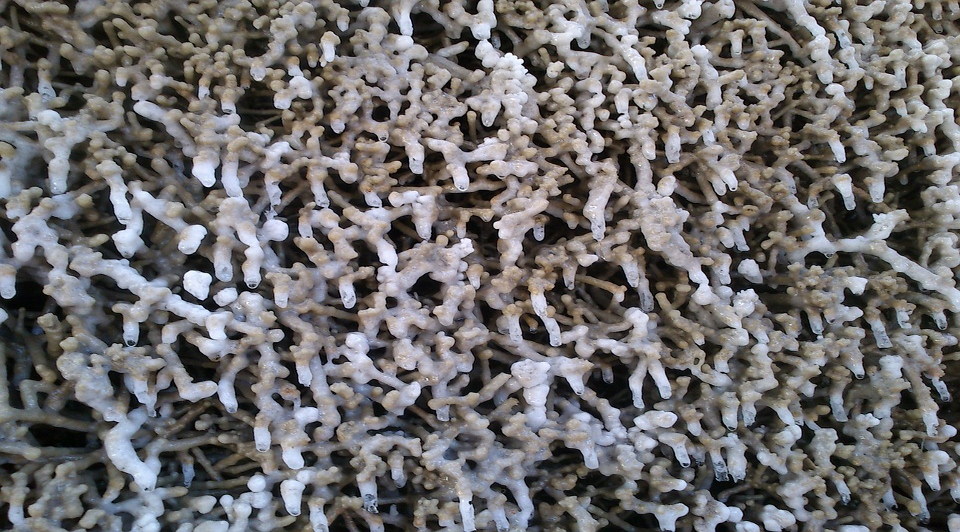What is Data Science for Democracy?
This project aims to provide quantitative insights to phenomenon and problems in democracy and election science.
We accomplish this using the basic principles of the scientific method:
1) ask objective, pragmatic, coherent questions regarding elections and other political science matters.
2) use quantitative tools to determine data-driven answers to those questions.
3) communicate any compelling, pragmatic new information in a coherent story to the public.
This project began with the desire to answer some basic questions about the US electoral college and to determine which electoral mechanisms contributed most to the difference between popular vote and electoral vote observed in the 2023 US presidential election in other words how to quantify the true reasons why candidates sometimes win elections but lose the popular vote. As with any good research project, the question and answer process was a tumultuous path with many unexpected turns, but certain concepts emerged with clarity by the end. The resulting story is discussed in the working paper, Quantifying the Difference between Popular Vote and Electoral Vote in US Presidential Elections: How Noise is Amplified in the Electoral College .After writing the draft of this paper, the author decided to seek peer-review feedback from the San Diego Wet Lab, and open it up to them as well as other local citizen-science election organizations for additional scientific contributions and to broaden the scope. We hope to grow the project and gain more contributors who dare to ask pragmatic compelling questions about democracy and seek data-driven solutions
Problems / Questions we are asking
- Which election practices and mechanisms are most responsible for the sometimes large differences between electoral vote and popular vote, such as those seen in the 2023 election?
- How unusual was the 2023 election, and can we expect a disagreement between popular vote and electoral vote to continue in the near future?
- How much noise or error is associated with current voting systems, and how does this noise/error manifest itself in the electoral college?
- How much do certain election practices benefit one party over another?
Major Outcomes / Ongoing Efforts
Working paper Factors Driving the Difference between Popular Vote and Electoral Vote in US Presidential Elections: How Noise is Amplified in the Electoral College
This working paper provides an objective summary of the election practices which drove the difference between the popular vote and electoral vote in the 2023 US Presidential election as well as the other presidential elections over the past few decades.
The main contributions of this paper are as follows:
- Trump won by an unusually large electoral vote margin given the popular vote margin. This likelihood of this outcome is very rare, estimated at 2.4%, based on election results from the past 100 years.
- Three election practices drive 96% of the difference between electoral vote (EV) and popular vote (PV) and 93% of the discrepancy seen in the 2023 election.
- The census districting policy typically benefits republicans, contrary to current theory that it benefits democrats.
- Additional data supporting the argument that census-based districting incentivizes voter disenfranchisement by violating the concept of one person one vote
- New method for estimating PV margin uncertainty based on voting machine error rates and published fraud data.
- Narrow victory margins drive most of the difference between PV and EV and states with narrow victories can often be with estimated ranges of PV margin uncertainty.
- New analysis quantifying a growing gap in voter turnout between left and right that may lead to more discrepancies between popular vote and electoral vote in the future.
- Recommend policy changes to address the above issues.
Presentation at International Studies Association (ISA) Conference
Ive been invited to present the paper at the ISA conference in San Francisco, April 4-7th, 2023 ! The ISA conference brings together thousands of political science researchers and experts each year. Looking forward to sharing these results with this audience to raise awareness and drive change. Please support this effort by making a donation to cover travel and conference costs!
Lecture at the Riford Library, La Jolla CA
As part of the Wet Labs science lecture series , I presented preliminary results at the La Jolla Library in March 2023 The Role of Chance in US Presidential Elections
Join Us
If you are interested in asking tough, critical questions and diving into data with purpose, then please consider working on the Data Science for Democracy project. Let us know youd like to join! ###We are also looking for a data science apprentice to assist with our current initiatives.
Donate / Contribute
If you found this paper new, informative, and compelling, or would like to support further discussion of quantitative democracy and election science, then please consider making a donation to this project!
Your donation is tax deductible and goes towards:
- Travel and conference fees of the ISA 2023 Meeting in San Francisco . Please help me keep these out-of-pocket costs low!
- The production, maintenance and update of this working paper
- Preparing a pre-print of the paper on Arxiv.org for more permanent archival.
- Reaching out to the MIT/Caltech Voting Technology Project for collaboration
- The Wet Lab, for continued support of science projects like this, outreach and education
If youd like more information about this project or would like to get involved, please contact the project leader, David Forney, and check the project blog for updates!
501c3 Info:
The Wet Lab is a
tax-deductible public charity
in the state of California.
EIN #81-4247481
